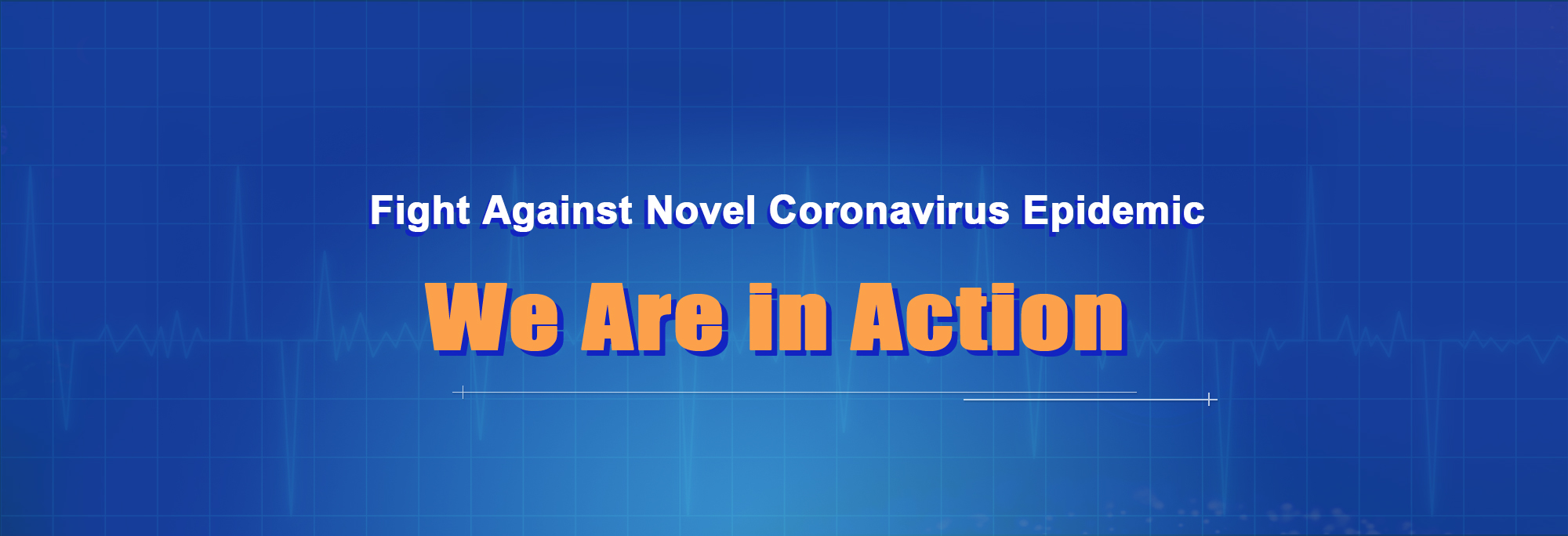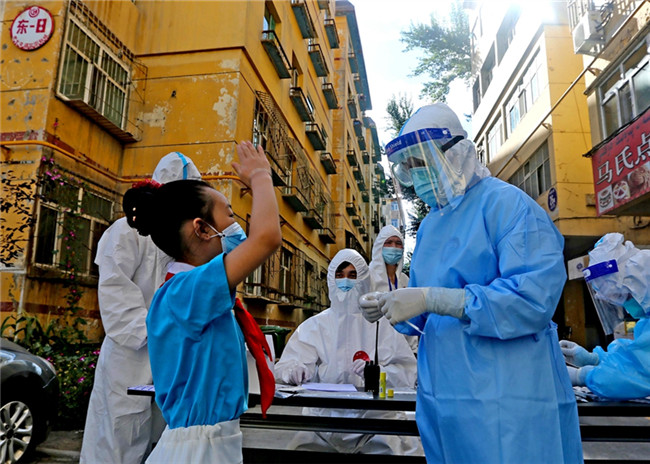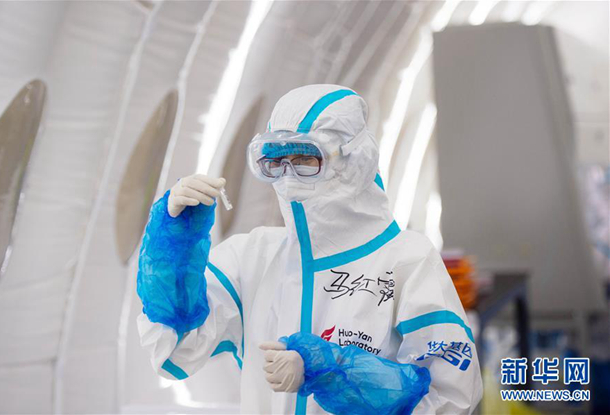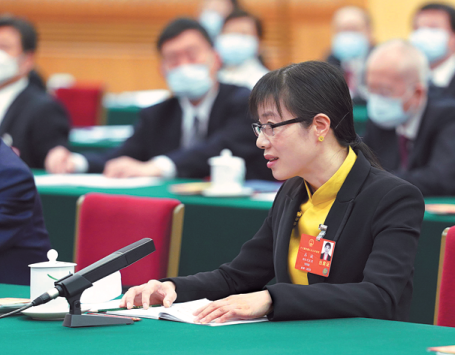
Experts, Residents Welcome Extension of Mass Testing
Local medical experts hailed the Hong Kong government's move on Friday to extend the COVID-19 mass testing program to September 11, saying it is in the best interests of residents and can help authorities decide whether social-distancing restrictions can be further eased.
The remarks came after the Hong Kong Special Administrative Region government announced that the city's Universal Community Testing Programme has been extended an additional four days — a move that came after the program's testing on Thursday and Friday turned up 10 positive COVID-19 results. About 953,000 people had registered online for free voluntary tests, while around 656,000 had been tested as of 8:00 pm on Friday. The program was initially slated to end on Monday.
Leung Chi-chiu, a doctor specializing in respiratory science, said extending the testing program is vital, given residents' demand for it. "Some testing centers are actually unable to meet the keen demand from residents," Leung said. "The time slots were all quickly booked even after the government increased the booking quota on September 3."
More importantly, some residents failed to register online due to the limited quota and time slots, so they have lined up outside the center to try to get a walk-in test, Leung said.
He said that by extending the program, the government can avoid having people line up at the centers — a situation inconsistent with the program's original intention, which is to prevent mass gatherings during the search for asymptomatic patients. "If too many people gather around the centers, then all our efforts may be in vain," he added.
The program aims to identify asymptomatic COVID-19 patients by providing free, voluntary virus testing for all residents in a bid to cut the transmission chain in the community, according to the government.
As of Friday, 10 positive COVID-19 cases had been discovered through the mass testing program, with six of them being newly identified patients and the rest being those who had been infected and recovered, but still had traces of the virus in their systems. Among the four cases discovered by the program by Friday, two were asymptomatic.
Speaking at a news conference on Friday, Secretary for Food and Health Sophia Chan Siu-chee said the low rate of positive results still provided key insights for the government.
"It's still very important even if we just found one case — actually, if we find a few cases, it's a good sign. If we don't test, we won't know whether there are a lot or a few cases, but this can give us a better grasp and analysis for any (social-distancing) measures to be relaxed," she said.
Executive Councilor Lam Ching-choi, who is also a specialist in pediatric and community medicine, agreed with Chan, saying that by extending the program, the city's pandemic situation can be better analyzed, which can offer a sense of "assurance" to residents.
On a personal level, residents no longer need to live under fear of the pandemic, while as for the city, if the low rate of positive results persists, officials will have the confidence to set up "travel bubbles" with low-risk countries to boost the Hong Kong economy, Lam said.
Lam said he believes the extension of the program can attract many more residents to participate in addition to those who were too busy to do so this week.
"I understand many residents adopted a wait-and-see attitude. They wanted to see whether the tests are fast and safe," Lam said. "Now that they know it is, I am sure many people will register for the testing during the four extended days."
Patricia Yip, a 50-year-old local shopkeeper, said she is happy that the program has been extended. Yip said that she was unable to participate in the program this week because of her long working hours, and the testing center near her home was already fully booked on the first day of registration.
"My job requires me to come into contact with many different people every day," Yip said. "Learning now that the program has been extended, I will definitely treasure this chance, sign up for the testing, and protect my family members."
After the city on Friday reported 12 confirmed cases, five of them of unknown origin, Leung warned that the third-wave outbreak hasn't come to an end yet.
Leung said that the recent COVID-19 effective reproduction number suggests that a patient can still transmit the disease to 0.4 person. He called on residents not to let their guards down, maintain good personal hygiene, practice social distancing, and actively participate in the testing program.
(Source: chinadaily.com.cn)
 Women Medics in NW China's Xinjiang Contribute to COVID-19 Epidemic Containment
Women Medics in NW China's Xinjiang Contribute to COVID-19 Epidemic Containment Women CPC Members on Front Line of Anti-COVID-19 Battle in Beijing
Women CPC Members on Front Line of Anti-COVID-19 Battle in Beijing Deputy Recalls Role in COVID-19 Fight
Deputy Recalls Role in COVID-19 Fight- Woman Epidemiological Researchers Race Against the Clock on Front Line
 Pic Story of Nurse Who Aided COVID-19 Fight in Wuhan
Pic Story of Nurse Who Aided COVID-19 Fight in Wuhan Volunteer Provides Milk Tea, Back up Anti-Epidemic Workers in NE China
Volunteer Provides Milk Tea, Back up Anti-Epidemic Workers in NE China

 京公网安备 11010102004314号
京公网安备 11010102004314号